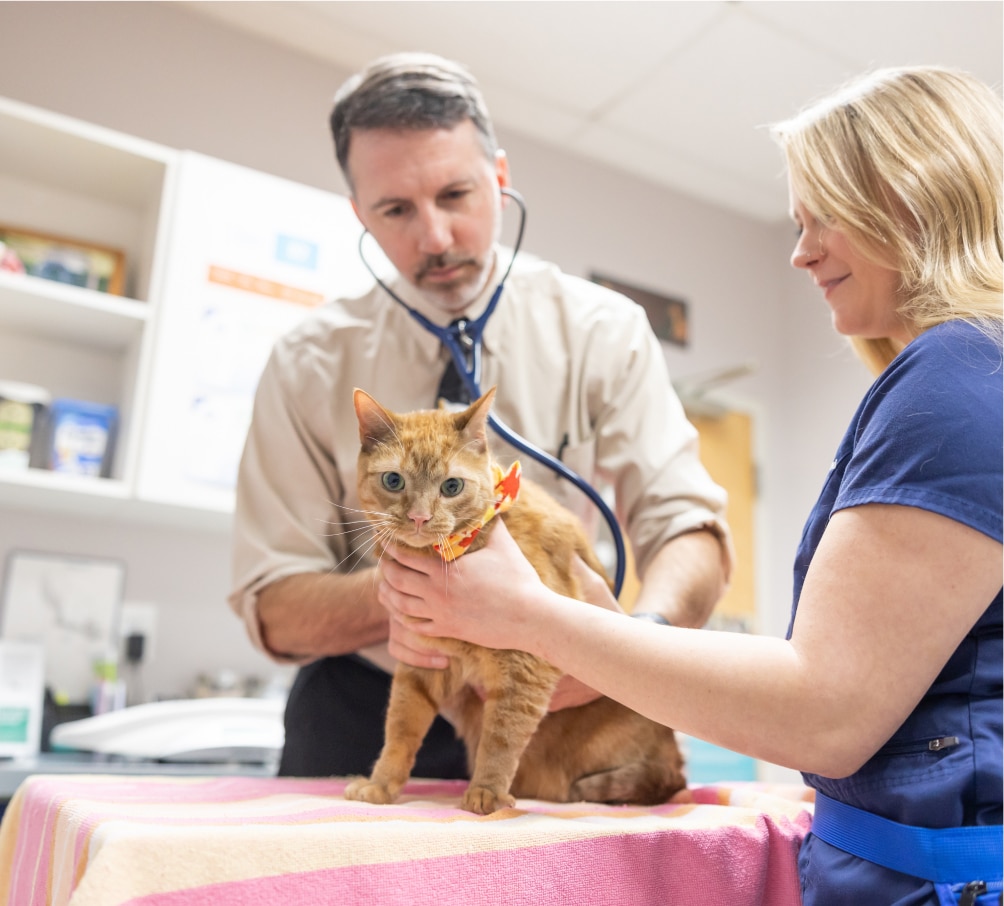Osteoarthritis is a common ailment found in older dogs, as well as some larger breeds that are genetically prone to it. Similarly to humans, arthritis in dogs causes changes in the affected joints that can be incredibly painful for your pet.
Arthritis can occur in any joint, but is most commonly found in the shoulders, hips, elbows, and knees. It can be caused by ongoing wear and tear, but can also be caused by an injury to the area, genetics, and disease.
If you notice any of the following 7 signs and suspect that your dog may suffer from arthritis, make an appointment with your vet to create a care plan.
Reluctance to Move
You may notice that your dog is reluctant to do things that previously were not a problem for them.
Perhaps your pet used to dart into your vehicle the second the doors opened, and now seems indifferent. You may notice your dog has difficulty going up or down the stairs. Is your once playful pet no longer interested in running and playing? Maybe lagging behind on walks?
If you notice these changes in your pet, arthritis could be the culprit. Chances are, these once easy tasks are now painful due to swollen joints.
Limping/ Lameness
Depending on the joints that are affected, you may see your pet limping or favoring one or more legs over the others. If the spine is affected, your pet may even experience lameness in one or both hind legs.
Your dog may seem to experience pain or stiffness when getting up or down that seems to resolve after they have walked a bit and “warmed up.”
Yelping when Touched
Inflammation in the joints can cause the affected areas to be sensitive to touch.
If you notice your dog is rejecting your affection or cries out in pain when you do pet them, it could be that you have located the problem area.
Irritability
Has your once lovely pup seemed to turn into a grumpy old man?
If you were in constant pain when moving, it is likely you would have a shorter fuse, too. The same goes for your dog. They may snap or bite when someone tries to touch them, particularly if you are handling them in a way that worsens the pain.
Changing Behavior
Often, dogs in pain don’t want to be bothered. Your pet may spend more time in quiet areas of the house, or stop following you around. Their schedule may change and you find they aren’t right there for a routine walk or play time.
Licking, Chewing, & Biting
It is not uncommon for an arthritic pet to pay special attention to painful joints. You may notice them licking or chewing on or more spots often, even to the point of hair loss and inflamed skin in the area.
Tiredness
Pain is exhausting!
If it is uncomfortable for your pet to move around, they will not want to walk as far or play. Instead they may spend more time resting or sleeping.
Muscle Atrophy
Arthritic dogs often develop muscle atrophy from inactivity.
The decreased use of certain muscles will cause them to deteriorate over time. If the arthritis is in one or more legs, you may notice that those legs look thinner than the others.
If you notice any of these symptoms in your pet, please make an appointment with your vet as soon as possible. While arthritis is not curable, creating a treatment plan in the early stages can make the condition more bearable, and give your dog a better quality of life.
High-Quality Pet Care in Frederick, MD
Stay a step ahead of any potential health issues in your pet with regular wellness visits at Old Farm Veterinary Hospital!
During an exam, we go over everything – from eating habits to play time – to gain a better understanding of your pet’s overall health.
Do you have a concern? Our amazing veterinarians and staff are here for you. We will get down to the root of the problem and create a care plan specific to your pet. Contact us to schedule an appointment today!



